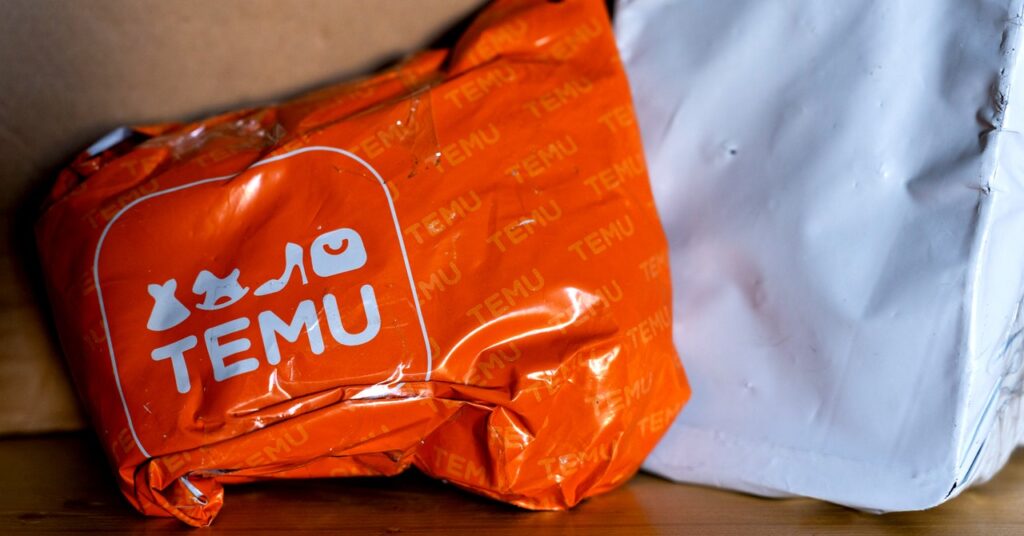While previous administrations have considered removing the de minimis exemption or introducing reforms, Trump is the first to have actually done so. “This is the administration’s version of moving fast and breaking things,” says Ram Ben Tzion, cofounder and CEO of Publican, a digital shipment vetting platform, citing one of the core tenets of startup culture.
The move could potentially create chaos and confusion across the online shopping industry, as well as make purchases more expensive for consumers, especially because many global manufacturers and internet sellers are located in China. Shoppers are now on the hook not only for the additional 10 percent tariff, but also whatever original tax rate their products were exempted from until Tuesday.
Cindy Allen, who has worked in international trade for over 30 years and is the CEO of the consulting firm Trade Force Multiplier, gave WIRED an example of how much additional cost the tariff will incur: A woman’s dress made of synthetic fiber shipped from China through de minimis will now be subject to a regular 16 percent tariff, a 7.5 percent Section 301 duty specifically for goods from China, the new 10 percent tariff required by Trump, additional processing fees and customs brokerage fees, and perhaps increased brokering and handling costs due to the sudden change in rules.
“Will the dress that was $5 now cost $5.50 or $15?” says Allen. “That we don’t know. It depends on how those retailers react and change their business models.”
In the immediate term, clearing customs will become a challenge for most ecommerce companies. Their long-term concern, though, is the potential impact on profitability. The appeal of Temu and Shein and similar Chinese ecommerce companies is how affordable their products are. If that changes, the ecommerce landscape and consumer behavior in the US may change significantly as well.
While USPS has announced the suspension of accepting any parcels from China and Hong Kong, CBP hasn’t elaborated on how the agency will enforce Trump’s new tariffs other than saying in an announcement that it will reject de minimis exemption requests from China starting today. CBP did not immediately reply to WIRED’s request for comment.
While trucks can be turned away easily at the border of entry, it will be a bigger challenge to stop cargo flights that are loaded with goods, which in recent years have been a preferred shipping method for de minimis packages.
There are two potential outcomes in the near term. If CBP decides to hold all de minimis packages from China at the border until they have been correctly categorized and paid for the import duties, it could cause a massive backlog, leaving customers waiting indefinitely for their orders.
Alternatively, CBP could choose to keep things moving and charge the tariffs retroactively, according to Hart. There’s a mechanism called “liquidation” that allows the US government to take a year or even longer to calculate the final import duties and charge importers retroactively. “So from a liquidation perspective, you’re kind of on the hook for a little while,” he says. For now, it’s unclear how many packages will be making it across the border in the first place.







